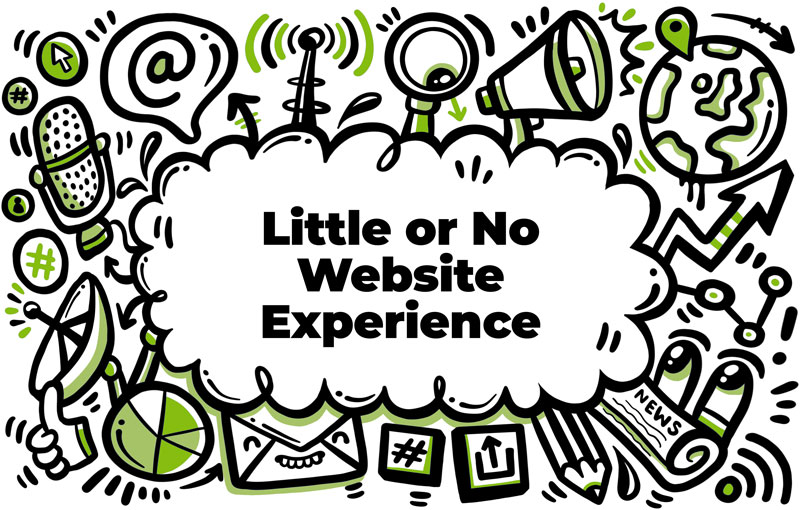As a small business owner, your website is crucial for establishing your online presence, attracting customers, and showcasing your products or services. To ensure that your website performs optimally, it is important to set SMART goals that guide its development and growth. In this article, we will explore the concept of SMART goals and provide examples of how you can apply them to your small business website.
Understanding SMART Goals
The acronym SMART stands for Specific, Measurable, Achievable, Relevant, and Time-bound. These criteria are used to create effective objectives that are clear, actionable, and trackable. By setting SMART goals for your small business website, you can focus on strategies that deliver tangible results and contribute to your business’s overall success.
Setting Specific Goals
To set specific goals for your website, you must first identify the precise objectives you want to achieve. Avoid vague goals like “increasing traffic” or “improving user experience.” Instead, break these down into more detailed targets, such as “boosting organic search traffic by 15% within six months” or “reducing page load time to under three seconds.”
Ensuring Your Goals Are Measurable
Once you’ve established specific goals, the next step is to determine how you will measure their success. Choose metrics relevant to your objectives, such as conversion rates, bounce rates, or average session duration. You can monitor your website’s progress and make data-driven decisions to optimise its performance by tracking these metrics.
Making Your Goals Achievable
While ambitious goals can be motivating, it is important to ensure they are realistic and achievable within the resources available to your small business. Consider factors such as your budget, team size, and existing website infrastructure when setting your objectives. Setting achievable goals allows you to maintain momentum and motivation as you work towards improving your website.
Keeping Your Goals Relevant
Your website goals should align with your business objectives and contribute to its growth and success. For example, if your primary focus is increasing sales, your website goals might include optimising product pages for SEO, implementing a streamlined checkout process, or integrating customer reviews to boost trust and credibility.
Setting Time-bound Goals
Finally, it is essential to establish a timeframe for achieving your goals. This creates a sense of urgency and encourages regular progress monitoring. Be realistic about the time it will take to achieve your objectives and consider any external factors that may impact your timeline.
Examples of SMART Goals for Your Small Business Website
To illustrate how SMART goals can be applied to your small business website, here are four examples:
- Increase organic search traffic by 20% within the next six months by implementing an SEO-focused content strategy.
- Decrease the website’s bounce rate by 10% within three months by improving site navigation and page load times.
- Increase the website’s conversion rate by 5% within the next four months through A/B testing and optimising call-to-action buttons.
- Grow the email subscriber list by 25% within the next six months by offering and promoting a valuable lead magnet through targeted marketing campaigns.
By setting SMART goals for your small business website, you can ensure that your online presence is optimised to attract, engage, and convert your target audience. This not only helps to drive growth and success for your business but also enables you to make informed decisions based on measurable results.
Review and Adjust Your SMART Goals Regularly
As your small business evolves, it is important to revisit and adjust your SMART goals accordingly. Regularly reviewing your objectives will ensure that they continue to align with your business’s priorities and respond to changes in the market or customer behaviour. By maintaining a flexible approach to goal-setting, you can adapt your website strategies to maximise their effectiveness and ensure ongoing success.
In conclusion, setting SMART goals for your small business website is essential for driving growth and optimising performance. By establishing objectives that are specific, measurable, achievable, relevant, and time-bound, you can focus your efforts on strategies that deliver tangible results. Remember to review and adjust your goals regularly to ensure they continue to support your business’s overall success.



